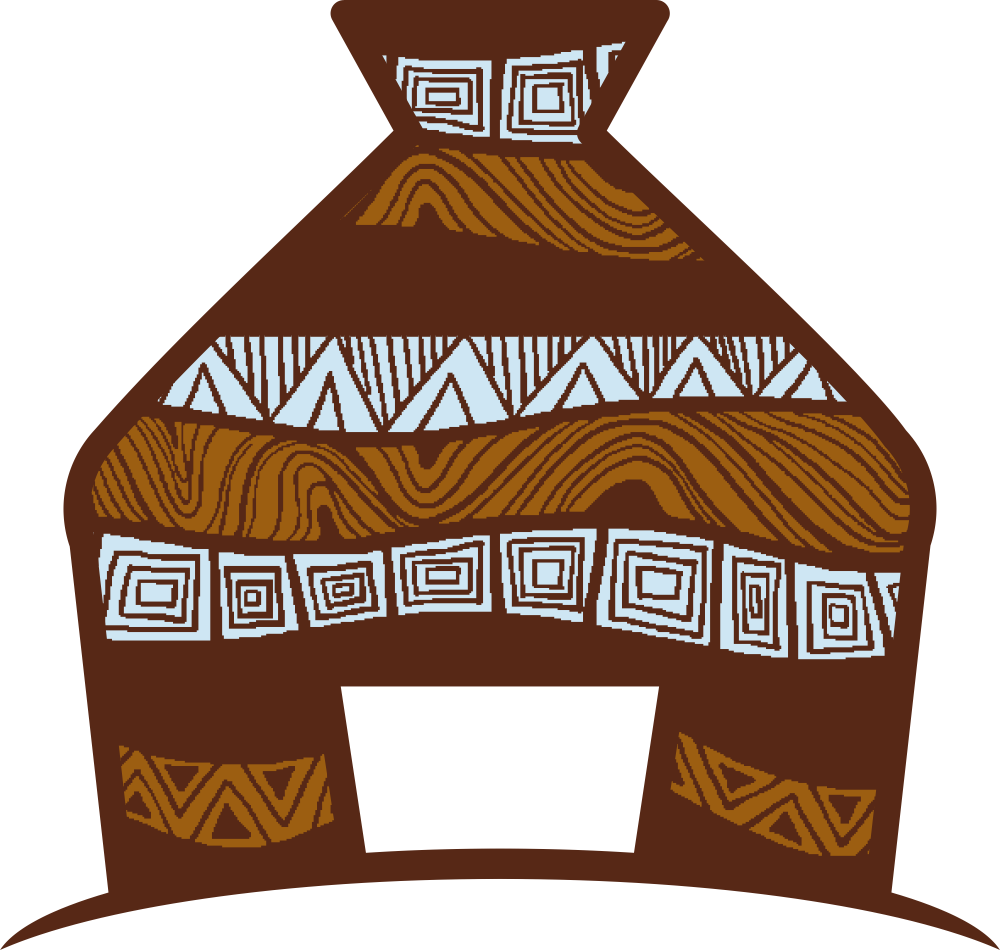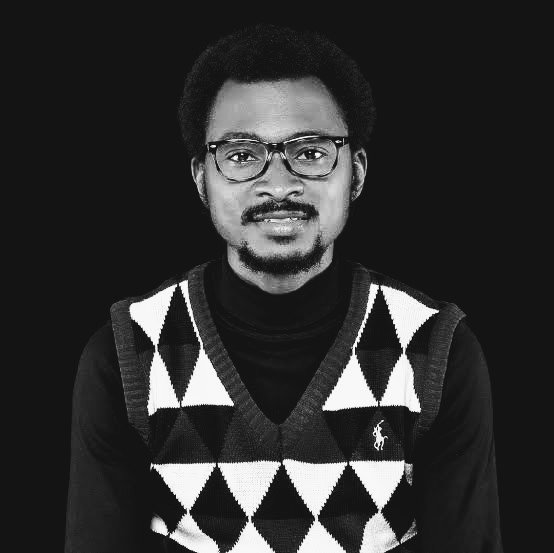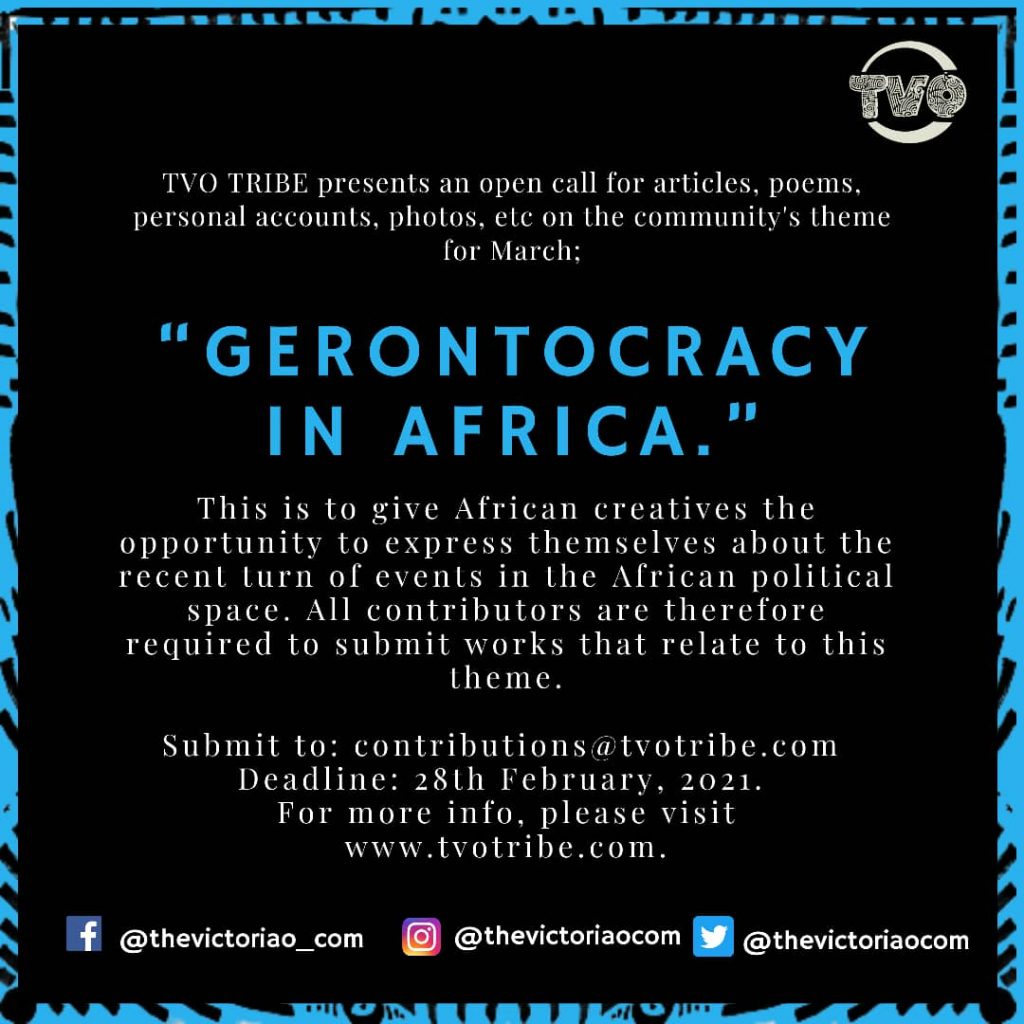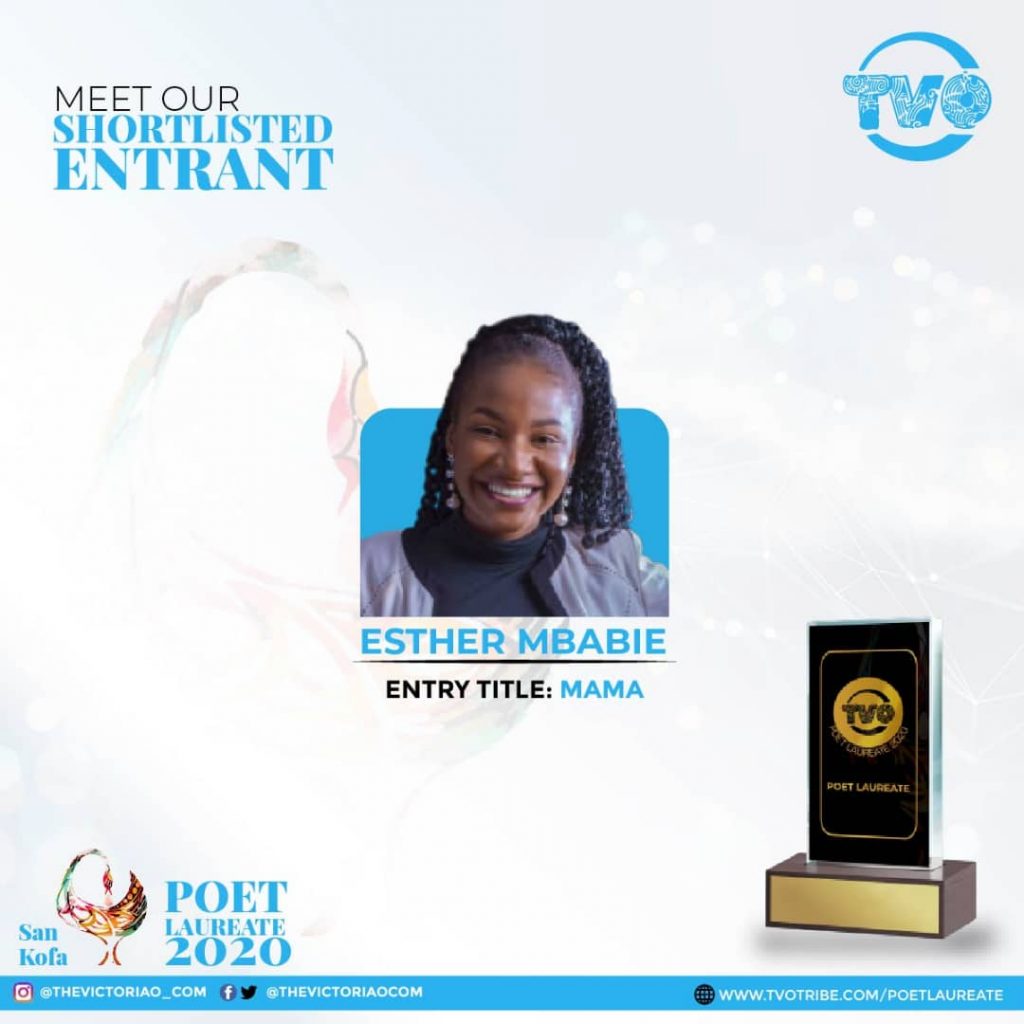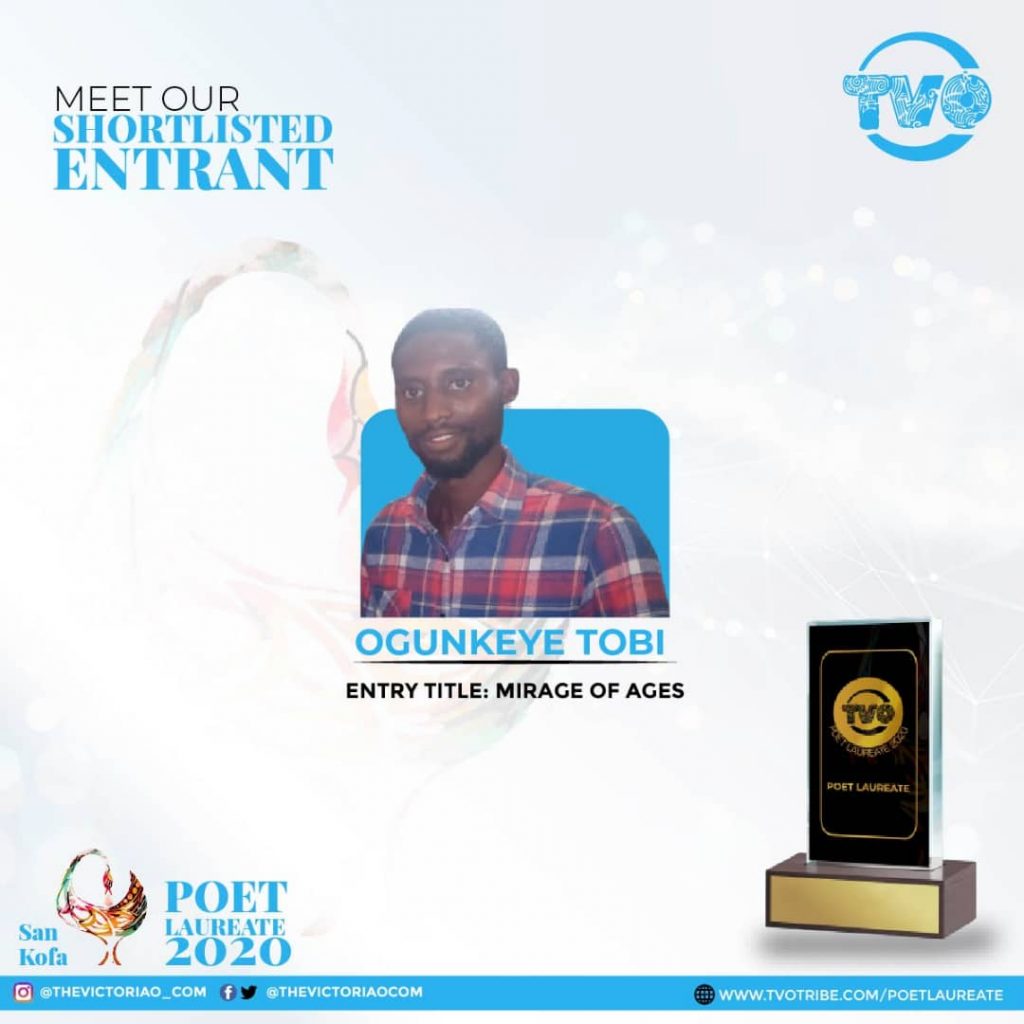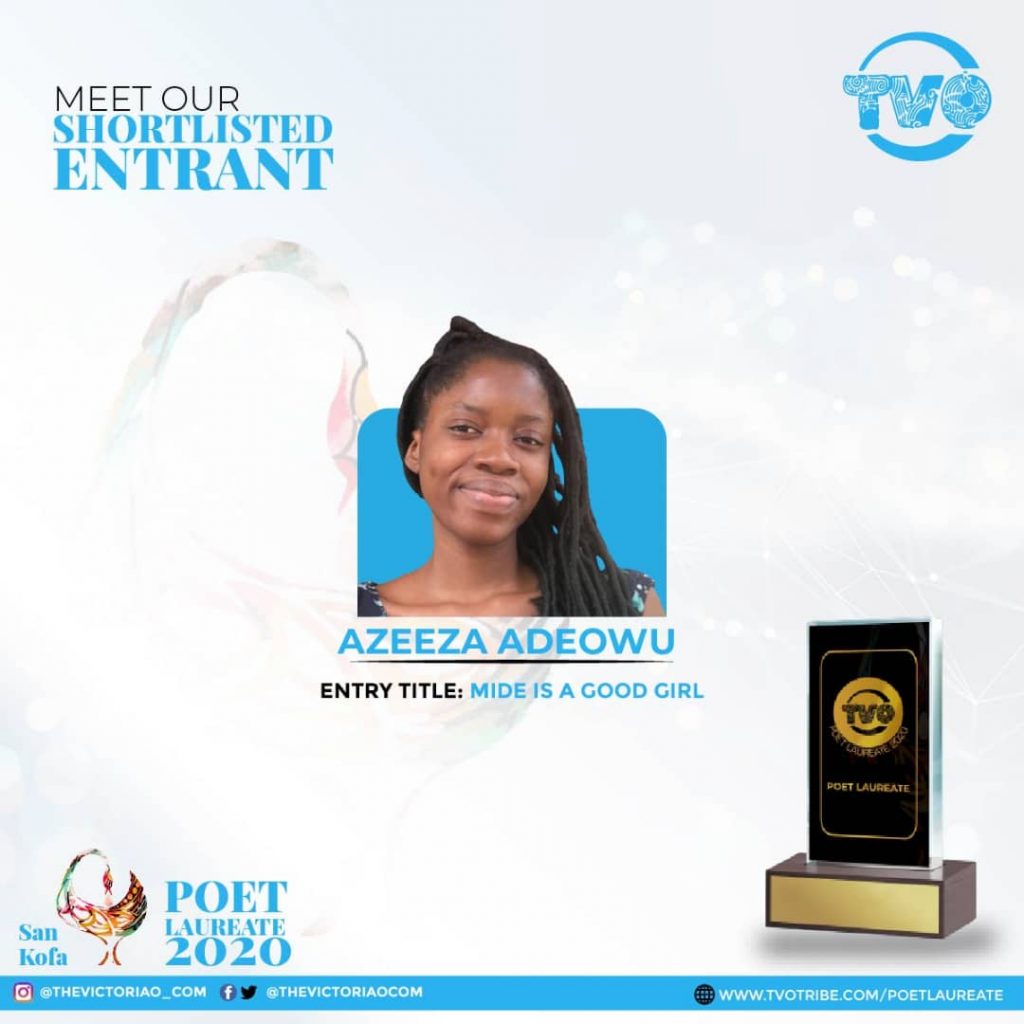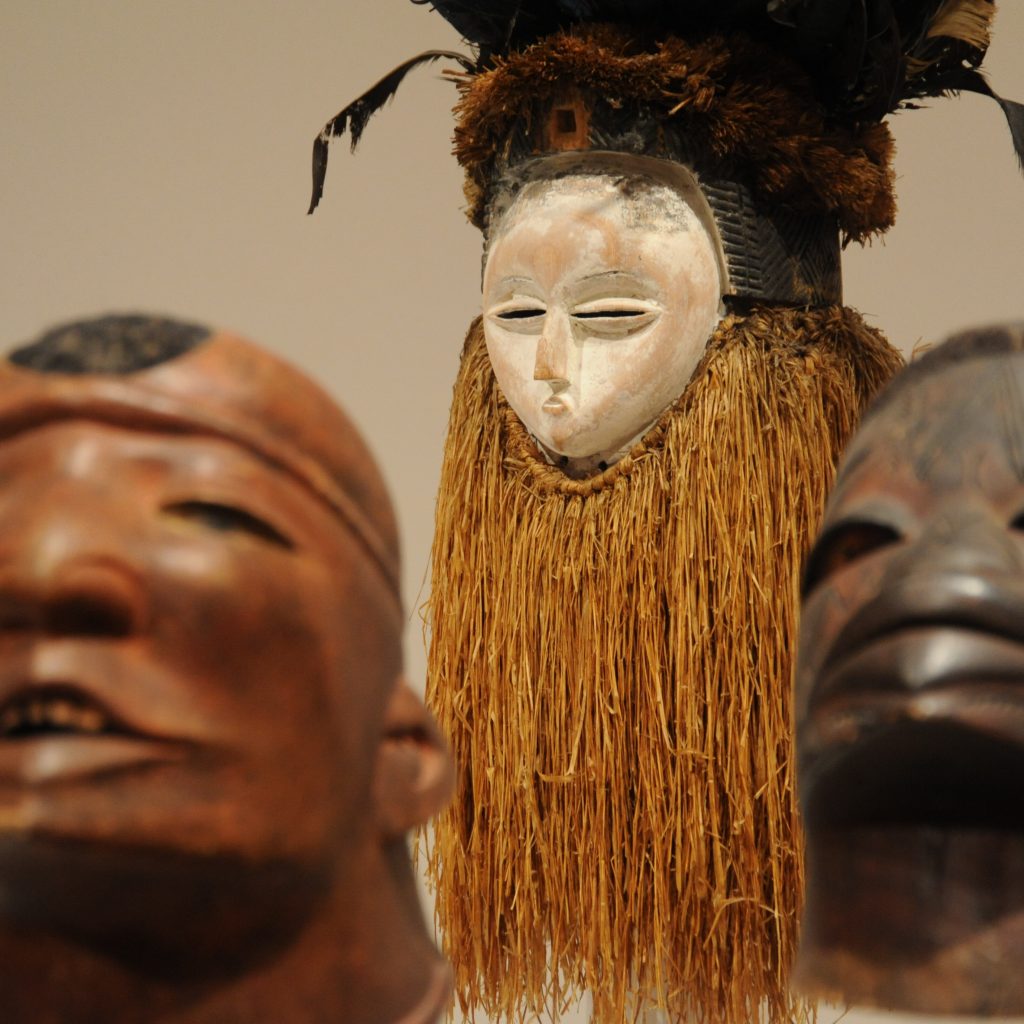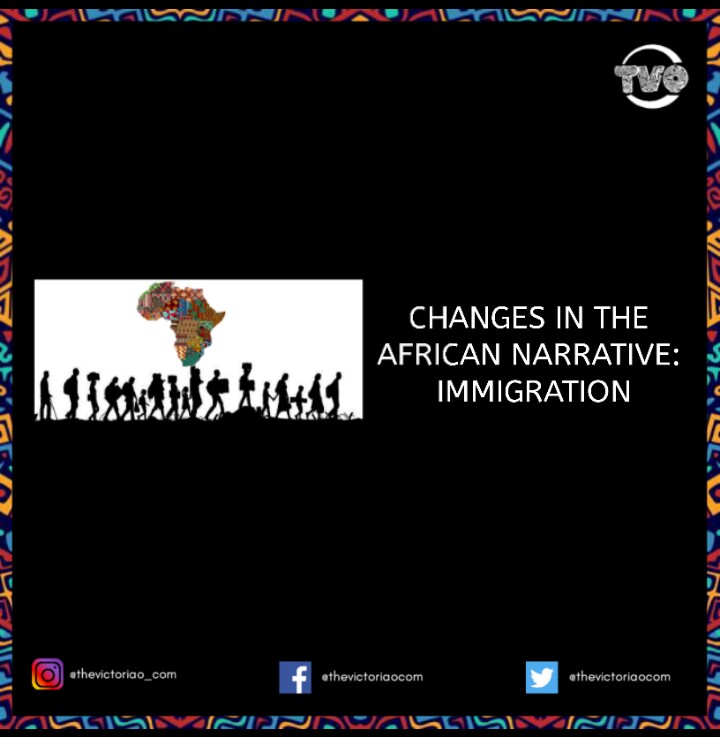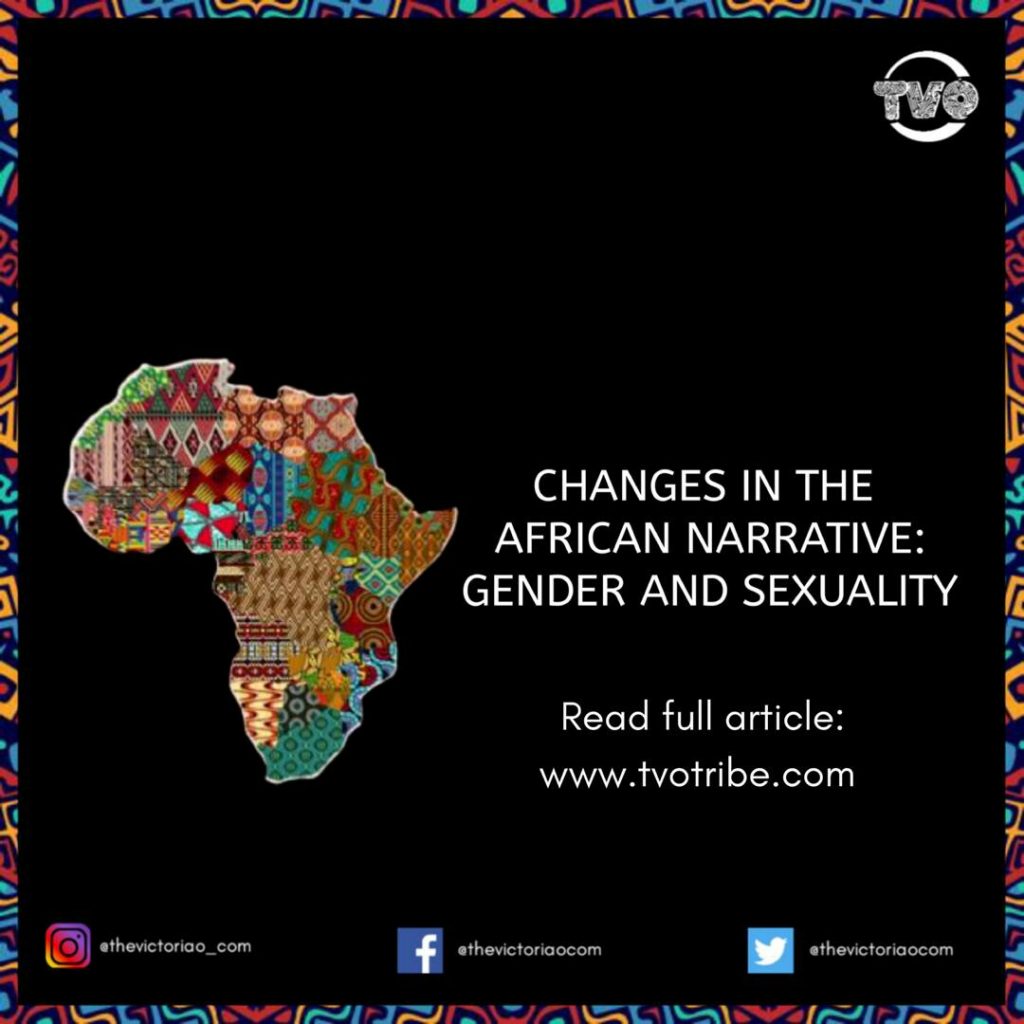Inkuru Series Interview: The African Story- with Ayo Oyeku
Inkuru Series Interview: In this interview with Victoria Olajide, Ayo Oyeku shares his responses to questions asked to create thoughts and ignite conversations on “Writing and Storytelling” across the theme; “The African Story.
Inkuru Series Interview: The African Story- with Ayo Oyeku Read More »

